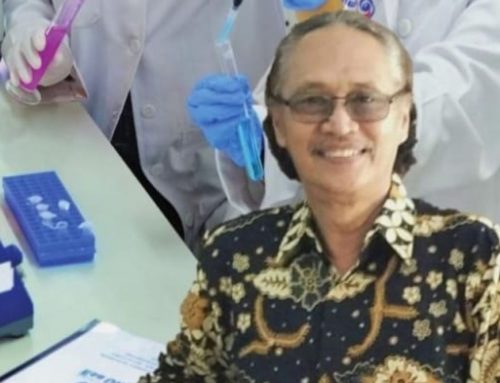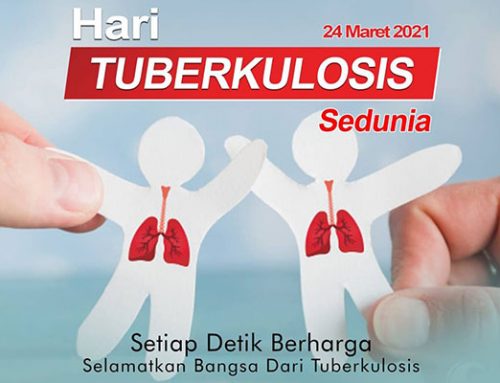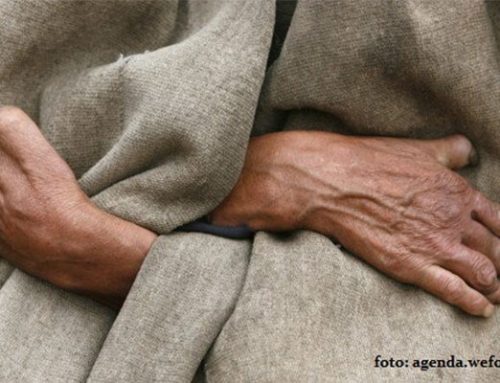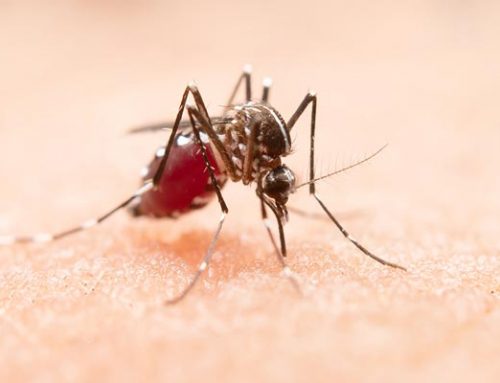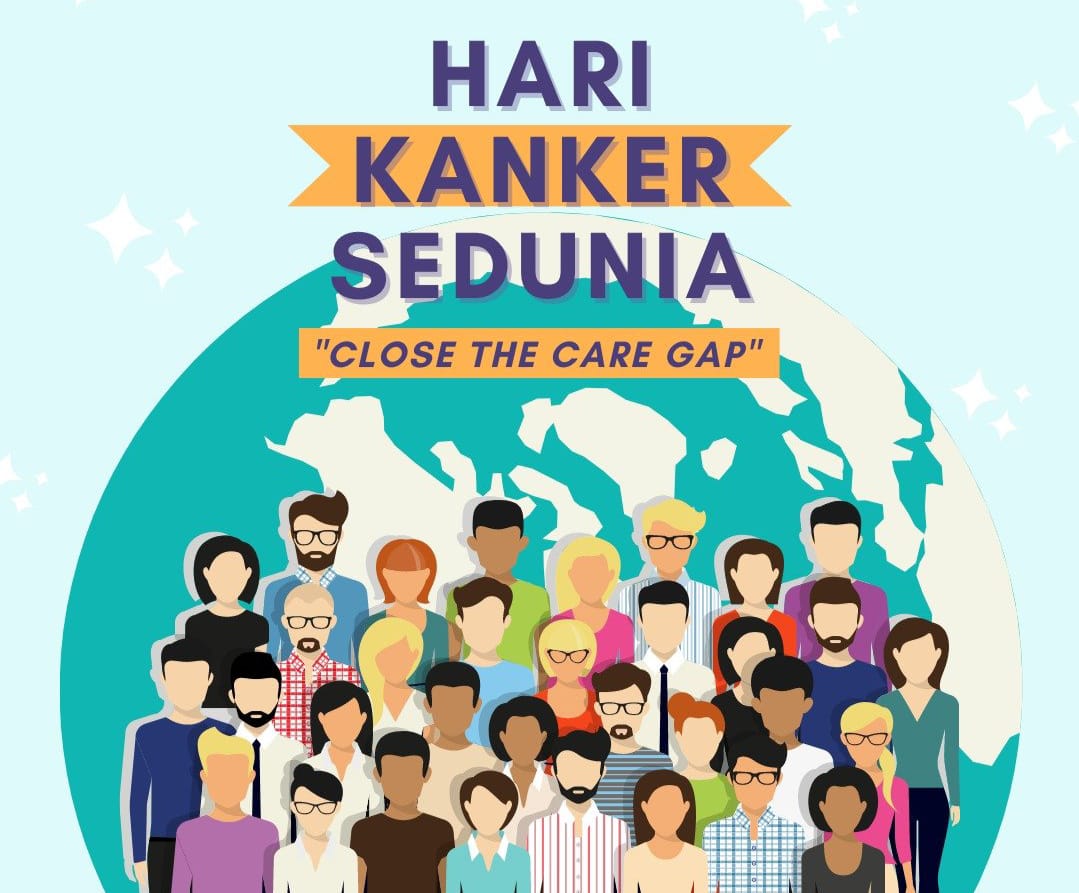
Esaunggul.ac.id, The global cancer community commemorates World Cancer Day 2024 on February 4, with the slogan “Close the care gap”.
Cancer is one of the deadliest diseases worldwide, including in Indonesia. Globally, there are an estimated 20 million new cases of cancer and 10 million cancer deaths. It is estimated that the burden of overcoming cancer will increase by about 60% over the next two decades, thus further burdening the public health system.
So what is the theme, meaning and importance of World Cancer Day in 2024, here is a summary of the conversation with Prof. Maksum Radji, Professor of Pharmacy Study Program, FIKES, Esa Unggul University Jakarta.
Prof. Maksum explained that cancer is currently a worldwide health problem, including in Indonesia. The World Health Organization WHO estimates that the global burden will increase to around 30 million new cancer cases by 2040. The increase in health burden will not only occur in developed countries but will also be experienced by low and middle income countries.
“World Cancer Day, which is annually celebrated on February 4, worldwide aims to raise awareness about cancer, advocate for equitable access to health services, and celebrate the progress that has been made in the fight against this deadly disease. The theme for World Cancer Day 2024 is “Close the care gap.” This theme highlights the disparities in cancer care that exist around the world. People in certain regions with low socioeconomic backgrounds and marginalized communities often face major barriers in accessing quality cancer prevention, diagnosis, and treatment efforts,” she explained.
Prof. Maksum added that barriers to cancer prevention include lack of access to health facilities, especially in rural areas, making it difficult for people to get cancer screenings or receive timely treatment.
Another obstacle is that the cost of cancer treatment can be substantial, even in developed countries, which can deter people from seeking the care they need. In addition, a lack of awareness about cancer symptoms and risks can deter people from seeking early diagnosis and treatment.
“It is to close this gap in access to care and treatment that the 2024 World Cancer Day theme “Close the Care Gap” was created to ensure that everyone, regardless of economic background or condition, has access to the cancer care they need. This is the third year of the 2024 World Cancer Day theme, which has been the same for 3 years since 2022. The theme of this 3-year campaign aims to raise public awareness about the lack of equality in cancer care that occurs in the world,” she explained.
History of World Cancer Day
With reference to the page https://nationaltoday.com/world-cancer-day/ Prof. Maksum explained that World Cancer Day is commemorated every February 4 to raise awareness about cancer, encourage its prevention, detection and treatment, and unite efforts globally to fight this deadly disease, first established at the World Summit Against Cancer in Paris on February 4, 2000.
The initiative to commemorate World Cancer Day was initiated by the Union for International Cancer Control (UICC), a global consortium of more than a thousand organizations working in the field of cancer. UICC, founded in 1933, is dedicated to promoting cancer prevention and control on a global scale. Its ultimate goal is to reduce the global impact of cancer by encouraging a collaborative approach between governments, organizations, health professionals and individuals. World Cancer Day emphasizes that everyone has a role to play in the fight against cancer, and the significant collective effort to work together against the disease.
Cancer Cases in Indonesia
Prof. Maksum explained that cancer is still one of the biggest health problems in Indonesia. Cancer in Indonesia continues to increase. Based on data from the Global Burden of Cancer Study (Globocan), Indonesian cancer cases in 2020 reached 396,914 cases. While the total deaths due to cancer amounted to 234,511. According to data from the Indonesian Ministry of Health, cancer is the third deadliest disease in Indonesia, after stroke and heart disease. The highest type of cancer in Indonesia is breast cancer with 65,858 cases or 16.6 percent of all cancer cases. The second is cervical cancer with 36,633 cases, and the third is lung cancer with 34,783 cases.
“One of the biggest challenges in handling cancer is the low screening and early detection of cancer patients, so that most cancer patients are only detected after an advanced stage. Whereas the cure rate for cancer patients is higher if the case is found at an early stage. Therefore, it is very important to do early detection of cancer through screening. Unfortunately, the opportunity to conduct early detection of cancer is still limited and even still relatively low in Indonesia,” he said.
Prof. Maksum added that there has been an alarming phenomenon, namely the shift in the age of cancer patients, which was previously dominated by elderly patients, now new cancer cases are increasing rapidly among young adults. This is based on the latest findings published in the British Medical Journal (BMJ) Oncology released in September 2023, entitled Global trends in incidence, death, burden and risk factors of early-onset cancer from 1990 to 2019, showing that in 2019, new cancer diagnoses among people under the age of 50 amounted to 1.82 million people, an increase of 79 percent compared to 1990 figures, over the past three decades.
In the results of the collaborative study conducted by researchers from various institutions, it was also stated that of the 29 types of cancer in 204 countries and several regions, the prevalence of breast cancer cases was the highest case at 13.7 per 100,000 people with a mortality rate of 3.5 per 100,000 people in the global population.
“The study also found that 1.06 million people under the age of 50 died of cancer in 2019, an increase of 28 percent compared to 1990. The highest mortality rates after breast cancer are throat cancer, lung cancer, gastro intestinal cancer, and kidney and ovarian cancer,” she added.
Cancer Prevention Efforts
Prof. Maksum recommends the prevention of cancer, among others, by adopting an active lifestyle and healthy lifestyle to reduce the risk of developing cancer. Exercise regularly and try to eat a healthy diet. It is important to remember that individual factors, such as genetics and age, also play a role in cancer risk. Some things to know for cancer prevention include eating a healthy diet with a variety of fruits, vegetables, whole grains and legumes; limit red meat and processed meat; choose lean sources of protein. In addition, try to exercise regularly and maintain a healthy weight. Avoid smoking and exposure to cigarette smoke, avoid excessive sun exposure to reduce the risk of skin cancer, and avoid exposure to environmental carcinogens.
“Vaccinations to prevent viral infections that can increase the risk of cancer, such as human papillomavirus (HPV) and hepatitis B virus can be done to prevent cervical cancer and liver cancer. In addition, regular medical check-ups for early detection of certain cancers, such as mammograms, Pap smears, and colonoscopies. If someone has a family history of cancer, consider doing genetic counseling to assess the risk and preventive measures,” concluded Prof. Maksum, ending this conversation.
***




